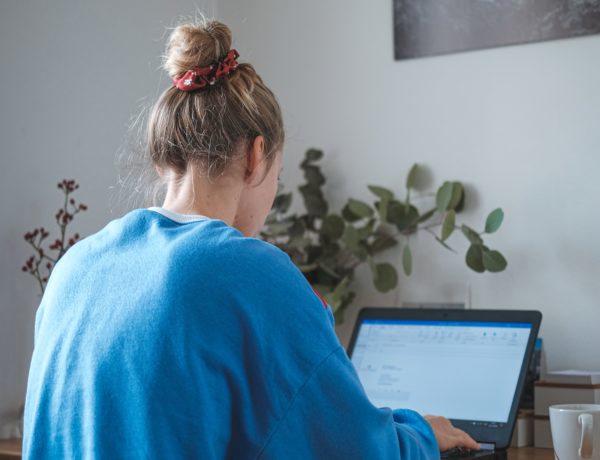Last edited on July 2, 2021 by Miriam Pereira
After speaking with many people,I’ve come to find out that not many people know about SSEP. For those who need summarizing, SSEP is a competition that allows students from grades 5-12 participate in finding helpful organisms to survive in space, that can potentially benefit future space travel. In this blog post, I’ll go through my SSEP process and how I won.
In most towns, SSEP starts in around October. Each class is split into groups of 4-5 students. During the process of SSEP, every group has to research their chosen animal, plant, fungi, bacteria, etc. Once the group decides on an organism to test, they’ll write a lengthy proposal, the materials and steps needed to fulfill the needs of the organism. If the group wins, their proposal is sent to the ISS to test. Currently, the United States, Brazil, and Canada are participating in this competition.
Research
When I started doing SSEP, my group had trouble deciding what we wanted to research, we had switched from hermit crabs, ladybugs and shrimp. We finally choose to an underwater crustacean that goes by the name, Triops. Triops are bottom feeders that date back to 300 million years ago (even before T-Rexs even existed).
Once we had officially decided on Triops, my group and I completed all the necessary information we needed. To further familiarize ourselves with the animal, we bought triop eggs to test and record data about. Personally, buying triop eggs helped my group learn more about our animal such things include, eating habits and behavior. During the time we took a lot observing the triops and taking notes, we contacted Dr. David E. Cowley to help finalize the steps the ISS would potentially take to breed triops. Not long after sending the proposal, I received the news that my group had made it to the top 3 in our town. A month later the science director and crew had made a decision we had won.

After Winning
My teacher informed us that because we had won, we’d go to Washington D.C to display and talk through our SSEP project. The experience was similar to conference. Our teacher told us that we’d be making a powerpoint & a poster to go with our research. My friends and I had started putting our poster and presentation together. My group had even gone to the board Education meetings to present our presentation in the council. Once the 2018-2019 school year finished, I was week away from the conference. I began practicing and memorizing my powerpoint slides.
When my family and I arrived in Virginia, we stayed at a friends house briefly. I explained to them all the details of my SSEP project. Before I knew it, it was July 2, the day of my conference. In the conference, I would be presenting in front of other schools and districts. To say I was nervous would be an understatement. My group was going to present during lunch so I had the whole morning to see what the other groups did.
Finally it was time to present my project. When the announcer announced my groups names, we went on stage. We had 6 minutes to present and 2 minutes for questions. Once our presentation was over, my group came back in the afternoon to show our poster and answer additional questions. The rest of my week in Washington D.C was spent visiting Steven F. Udvar-Hazy Center, where the conference had taken place.
What You Can do to Win
My biggest tip on how you can win SSEP, is to research, contact professors and test your organisms ahead of time. I cannot stress enough how important this is. I am very glad that my team and I had contacted a professor who was an expert in his field because we were given lots of information we otherwise would’ve not known.
Pick an organism that has multiple benefits and isn’t limited to one. Unless your organism has one EXTREMELY important benefit, make sure the organism you pick as multiple uses. Make sure you also do something that hasn’t been tested because, if you pick something like, tomatoes your chances of winning are now lower than someone doing something that hasn’t been tested. In other words, don’t pick something that has previously won.




No Comments